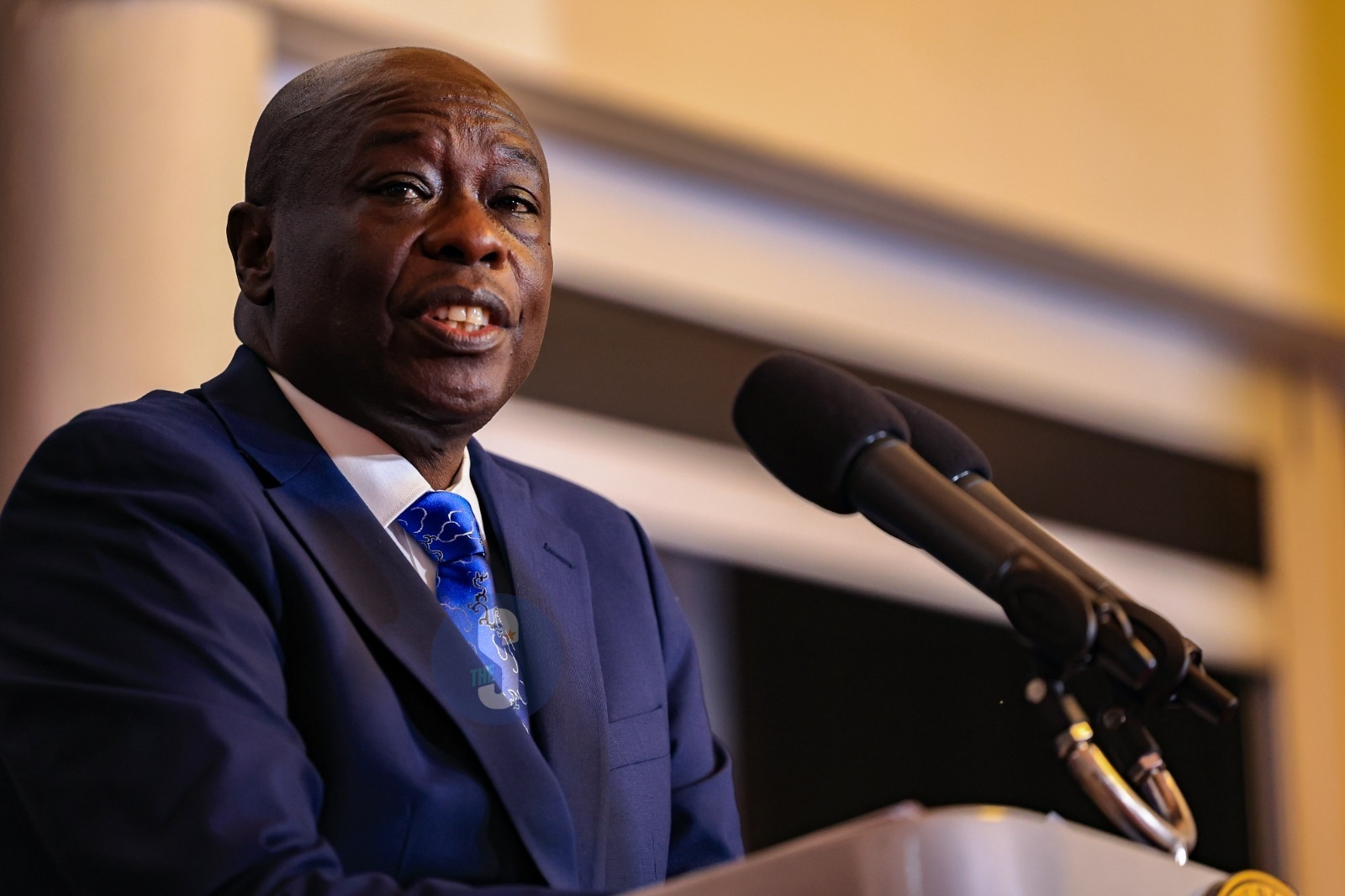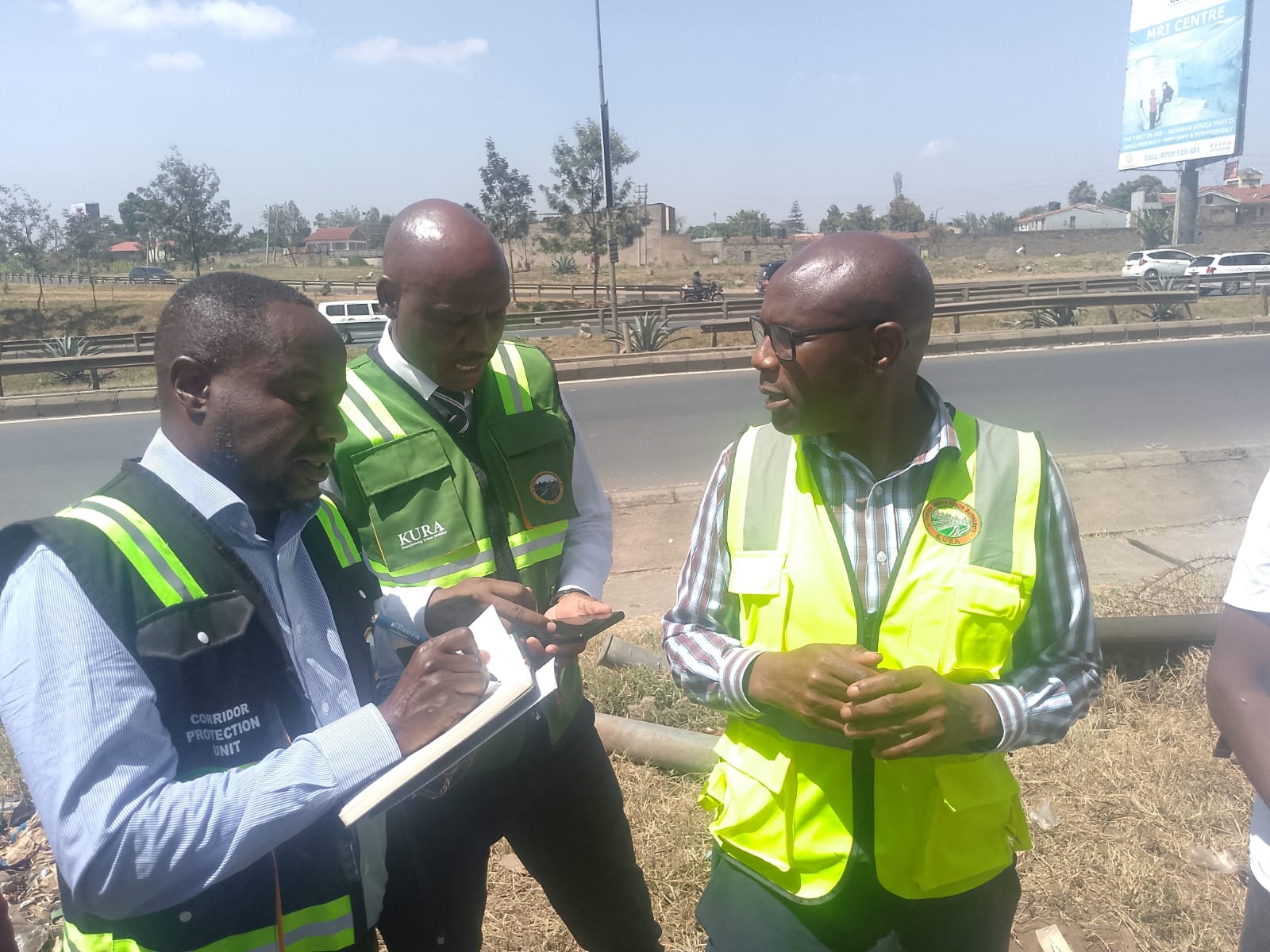
Health Non-Governmental Organisations Network (HENNET) has blamed low budgetary allocation for the recurring vaccine stock-outs in Kenya.
Hennet Advocacy and Communication Manager Faith Ndungu said there was a clear correlation between the reduced budgetary allocation and the stock-out.
She noted that a whooping Sh463.1 million was reduced from immunisation management in the Financial Year 2023/2024 supplementary budget.
However, she added that despite the reduced budget, a proper cause for the vaccine stock-out for the past two years had not been established.
“There has to be a reason why this is happening," she said.
“HENNET is planning to do a basic root cause analysis this year and develop a strategic plan to deal with the problem in 2025 and beyond,” she added.
Speaking in Nairobi during a Mobile Journalism (MoJo) training organised by Media for Science, Health and Agriculture (MESHA), Ndungu was hopeful that the country would not suffer another stock-out.
“From a rights point of view, the constitution states that every Kenyan is entitled to the highest attainable health care, in the immunisation agenda 2030. The government has a mandate to ensure that all persons who are eligible get vaccinated,” she said
Ndungu noted that the government has indicated that it is going to provide vaccines and roll out a catch-up plan for children who were not vaccinated at birth so the role of parents is to ensure that their children are vaccinated.
“There is a need for public conversations on the roles, responsibilities and obligations of the different players because even if there is a catch-up plan, there are other financial implications for the parents including fare to the hospital, food during the journey and interruption of their normal routines and loss of business,” she said.
She maintained the need to have a mechanism that would ensure sustainability and uninterrupted provision of routine vaccines to avoid the danger of missing a section of the population, especially children.
“This makes the unimmunised children vulnerable to the diseases which they should have been protected from,” she said.
She asked the Ministry of Health (MOH) to have a catch-up plan to ensure that children who missed out on vaccines are immunized.
“Stakeholders should push to have immunisation program financed through Primary Health Care Fund to fund for sustainability especially when donor partners pull out,” said Ndungu
“She observed that it was very risky to have donor organisations entirely managing the immunisation program because the country risks massive stock-outs if they decide to pull out the support.”













